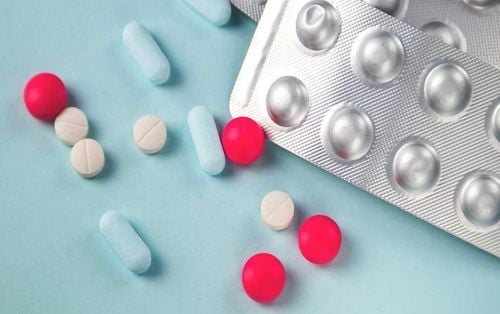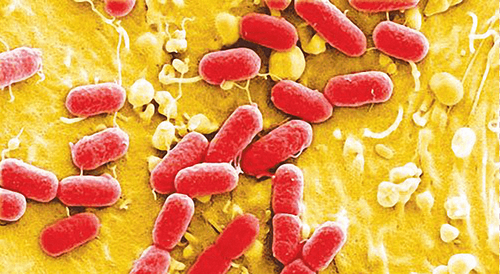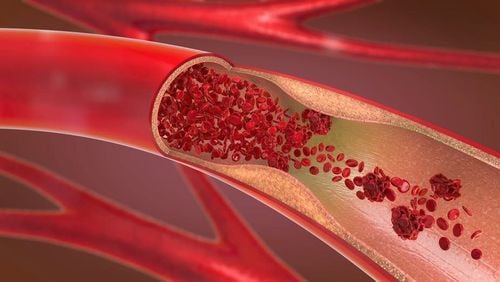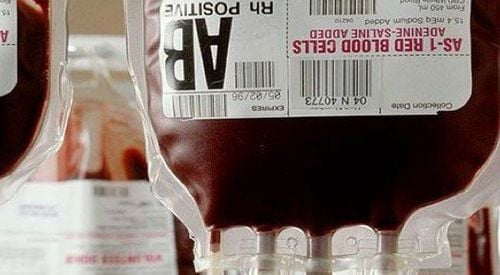Blood urea nitrogen (BUN) test is used to assess kidney and liver function. So, when is this test indicated, and what does a high blood urea nitrogen level signify?
1. What is the blood urea nitrogen (BUN) level?
Urea is the end product of protein metabolism (also known as proteins) in the body and is excreted by the kidneys.
The normal range for blood urea nitrogen (BUN) levels is approximately 2.5 – 7.5 mmol/l. Urea is relatively less toxic substance, even when its concentration in the blood is elevated.
2. Why is it necessary to measure blood urea nitrogen (BUN) levels?
The BUN test is performed when it is necessary to assess the functioning of the liver and kidneys. During this test, the doctor will measure the amount of urea nitrogen in the blood.
The metabolism of urea in the blood occurs as follows: After protein is ingested through food, it is broken down into amino acids. These amino acids are further metabolized, ultimately forming NH3 and CO2. In the body, NH3 is a toxic substance that must be eliminated. The liver converts NH3 into urea and sends it to the kidneys via the bloodstream. The kidneys then filter urea and other waste products from the blood, excreting them through urine. Therefore, when the liver and kidneys are not functioning properly, it can affect both the metabolism of NH3 and the filtration of urea.
The normal blood urea nitrogen level ranges from 2.5 to 7.5 mmol/l. If the BUN value is higher than normal, it may indicate poor kidney function or excessive protein intake, not drinking enough water leads to poor circulation. Conversely, if the BUN level is lower than normal, it could be a sign of liver disease or malnutrition.
However, the blood urea nitrogen test alone is not sufficient for a diagnosis. Therefore, the doctor will likely order additional tests to reach a more accurate conclusion.
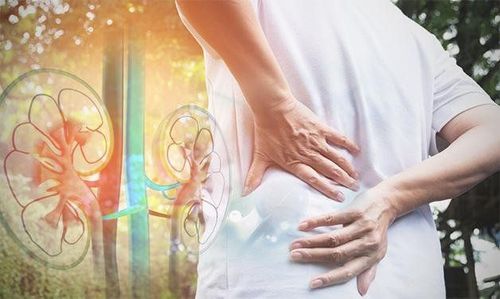
3. When do blood urea nitrogen (BUN) levels increase or decrease?
3.1. BUN levels increase
The following conditions can lead to an increase in BUN levels:
- Kidney failure, anuria, oliguria, or urinary tract obstruction;
- A diet excessively high in protein;
- Gastrointestinal bleeding or severe infection;
- Congestive heart failure, shock, stress, heart attack, severe burns, gastrointestinal bleeding, urinary tract obstruction,..., which reduce blood flow to the kidneys;
- Fever, malnutrition, or neoplastic diseases causing increased protein catabolism;
- Mercury poisoning.
3.2. BUN levels decrease
- Syndrome of inappropriate antidiuretic hormone secretion (SIADH);
- Pregnancy;
- Following a weight loss regimen or strict diet;
- Malabsorption syndromes;
- Liver failure or cirrhosis, acute or chronic hepatitis, which impair the synthesis of urea;
- A diet low in protein, blood dilution, or nephrotic syndrome.
4. How do blood urea nitrogen (BUN) levels affect health?

Changes in blood urea nitrogen (BUN) levels, whether increased or decreased, can impact human health in several ways. Specifically:
- Cardiovascular effects: Rapid, weak pulse, and increased blood pressure. Patients with end-stage kidney failure may experience circulatory collapse, a life-threatening situation.
- Neurological effects: At mild levels, it can cause dizziness, lightheadedness, headaches, and insomnia. At moderate levels, it may lead to confusion, restlessness, delirium. Severe increases in BUN can result in seizures, coma, constricted pupils, and poor light reflexes.
- Gastrointestinal effects: At mild levels, patients may experience poor appetite, bloating, and abdominal discomfort. More severe cases can present with blackened tongue, mucosal ulcers in the throat and mouth, nausea, diarrhea, and grayish pseudo-membranes.
- Respiratory effects: Patients may have ammonia (NH3)-smelling breath, disrupted breathing patterns, and may go into a coma accompanied by slow, weak breathing.
- Body temperature: Hypothermia (lowered body temperature).
- Hematologic effects: Elevated BUN can lead to anemia, with severity depending on the stage. Severe anemia may worsen kidney failure.
To arrange an appointment, please call HOTLINE or make your reservation directly HERE. You may also download the MyVinmec app to schedule appointments faster and manage your reservations more conveniently.
